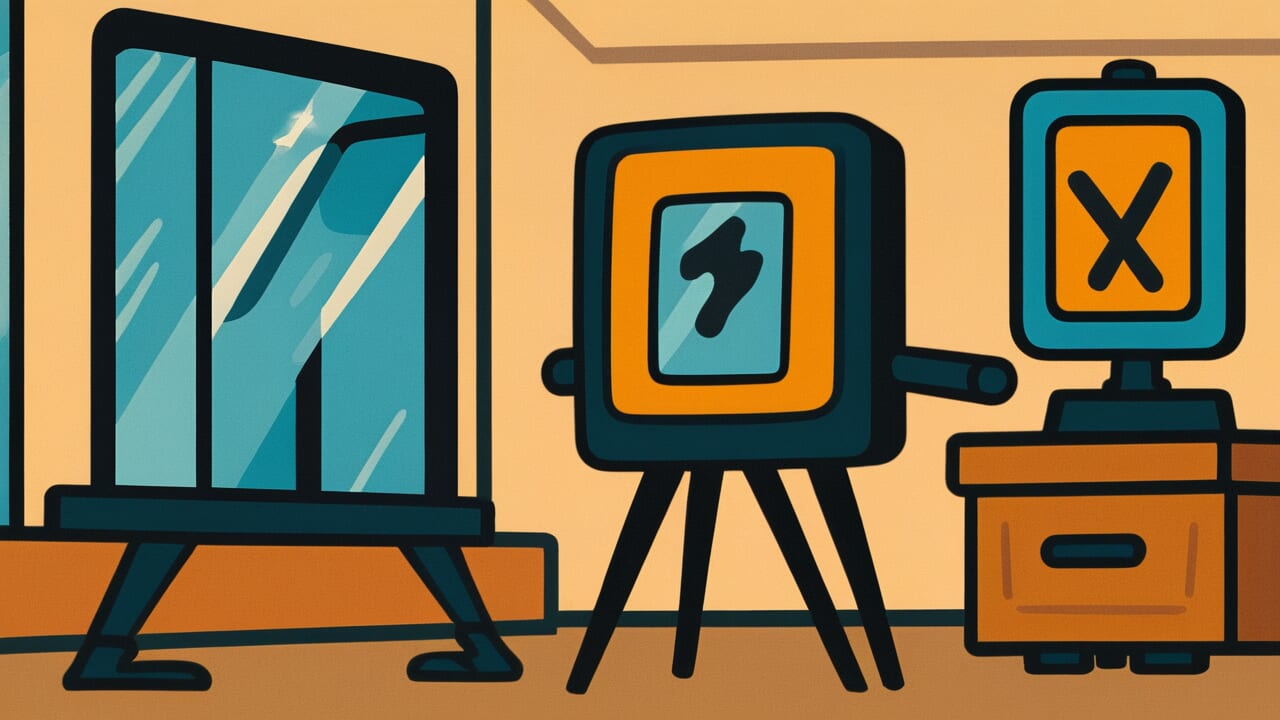How to Read “Even with a sharp hoe, it’s better to wait for the right time”
Kiso ari to iedomo toki wo matsu ni shikazu
Meaning of “Even with a sharp hoe, it’s better to wait for the right time”
This proverb teaches that even when you have excellent preparation and a solid foundation, things won’t succeed unless you wait for the right moment.
No matter how great your conditions or abilities are, you can’t fully use them if the timing is wrong.
People use this saying when warning someone who wants to rush into action. It also applies when explaining why someone should wait carefully for the right opportunity, even when fully prepared.
For example, you might use these words when someone wants to start a business with plenty of money and skills, but before market conditions are ready.
Even today, understanding the importance of timing—not just ability and preparation—is key to success.
This proverb warns against impatience and teaches the wisdom of calmly identifying the best opportunity.
Origin and Etymology
The word “kiso” in this proverb refers to the foundation or base of a building.
“Ki” is a character meaning metal farming tools, but here it combines with “so” (foundation) to emphasize the idea of a solid base.
This saying likely reflects the influence of ancient Chinese thought, especially ideas that valued agriculture.
In ancient China, people repeatedly taught the importance of “waiting for the right time” in farming.
No matter how good your seeds or how fertile your land, you won’t get a rich harvest if you plant at the wrong time.
This agricultural wisdom became a universal lesson that also applies to success in life and business.
After reaching Japan, this teaching remained important among samurai and merchants.
During the Warring States period, people understood it as strategic thinking: even with powerful military forces, you can’t win if you choose the wrong time to march.
Edo period merchants also used this proverb to express the importance of reading market trends, even when they had sufficient funds.
Usage Examples
- We’ve finished developing the new product, but “even with a sharp hoe, it’s better to wait for the right time”—we should watch market trends a bit longer before launching
- I have enough qualifications and experience, but “even with a sharp hoe, it’s better to wait for the right time,” so I’ll think more carefully about when to change jobs
Universal Wisdom
Humans have an impulse to act immediately once they’re prepared.
When you’ve worked hard to build something, it’s natural to feel impatient—you want to make it real and see results quickly.
But this proverb has been passed down for hundreds of years because many people have failed due to this very impatience.
In life, “waiting” is completely different from “doing nothing.”
While waiting for the right opportunity, you still need to observe the situation, read changes, and work to identify the best timing.
Our ancestors understood that this “power to wait” is a crucial factor separating success from failure.
What’s interesting is that this proverb doesn’t say “foundations are unnecessary.”
Instead, it teaches that “even with a foundation, timing matters.” In other words, success only comes when both preparation and timing align.
This shows a balanced view of life. Humans tend toward extremes, but this proverb conveys deep wisdom: “Neither preparation alone nor action alone is enough—harmony between them is what matters.”
When AI Hears This
Imagine an experiment where you drop sand grains one by one onto a sand pile.
At first, no matter how high-quality the grains or how precisely you drop them, the pile just quietly grows taller.
But at a certain moment, adding just one more grain suddenly triggers a massive avalanche. Physics calls this phenomenon “self-organized criticality.”
This proverb captures exactly this essence. The sharp hoe—excellent tools and preparation—corresponds to individual sand grains.
No matter how many high-quality grains you stack, nothing happens until the entire system reaches a critical state.
What matters isn’t the preparedness within the system, but whether the whole—including the external environment—exceeds the threshold for phase transition.
Stock market crashes have the same structure. No matter how skilled individual investors are, bubbles won’t burst until the entire market reaches a critical point.
Conversely, in a critical state, a single minor news item can trigger a chain reaction.
In other words, this proverb recognizes that change is nonlinear, not linear.
Doubling your preparation doesn’t double your results. You get zero after zero, then suddenly one hundred at the critical point.
That’s why identifying the “time” when the entire system reaches criticality is decisively more important than optimizing individual elements.
Lessons for Today
Modern society tends to demand “immediate results.”
On social media, responses come instantly. In business, speed is valued above all.
But this proverb reminds us of something important: impatience is your greatest enemy.
If you feel like you’re not getting results despite being well-prepared, that’s not failure. It might just mean the right time hasn’t come yet.
On the other hand, you don’t need to panic just because others are moving while you’re not ready.
What matters is having the perspective to calmly assess both your own situation and the external environment.
Waiting is never a passive act. It’s an active choice to build strength for greater success and identify the optimal timing.
Your efforts will never go to waste. When the right time comes, that preparation will surely bloom.
Don’t rush, but don’t let your guard down either. Develop the wisdom to recognize that moment.



Comments